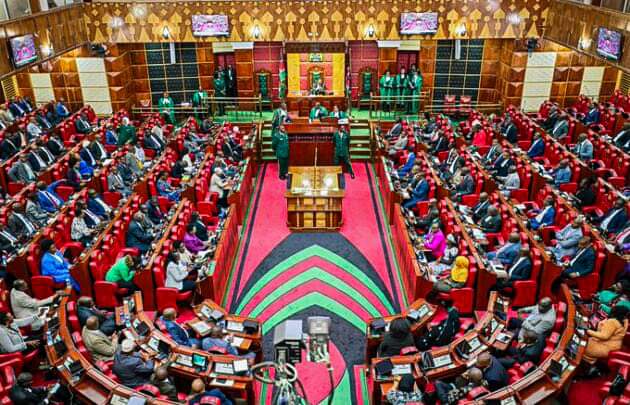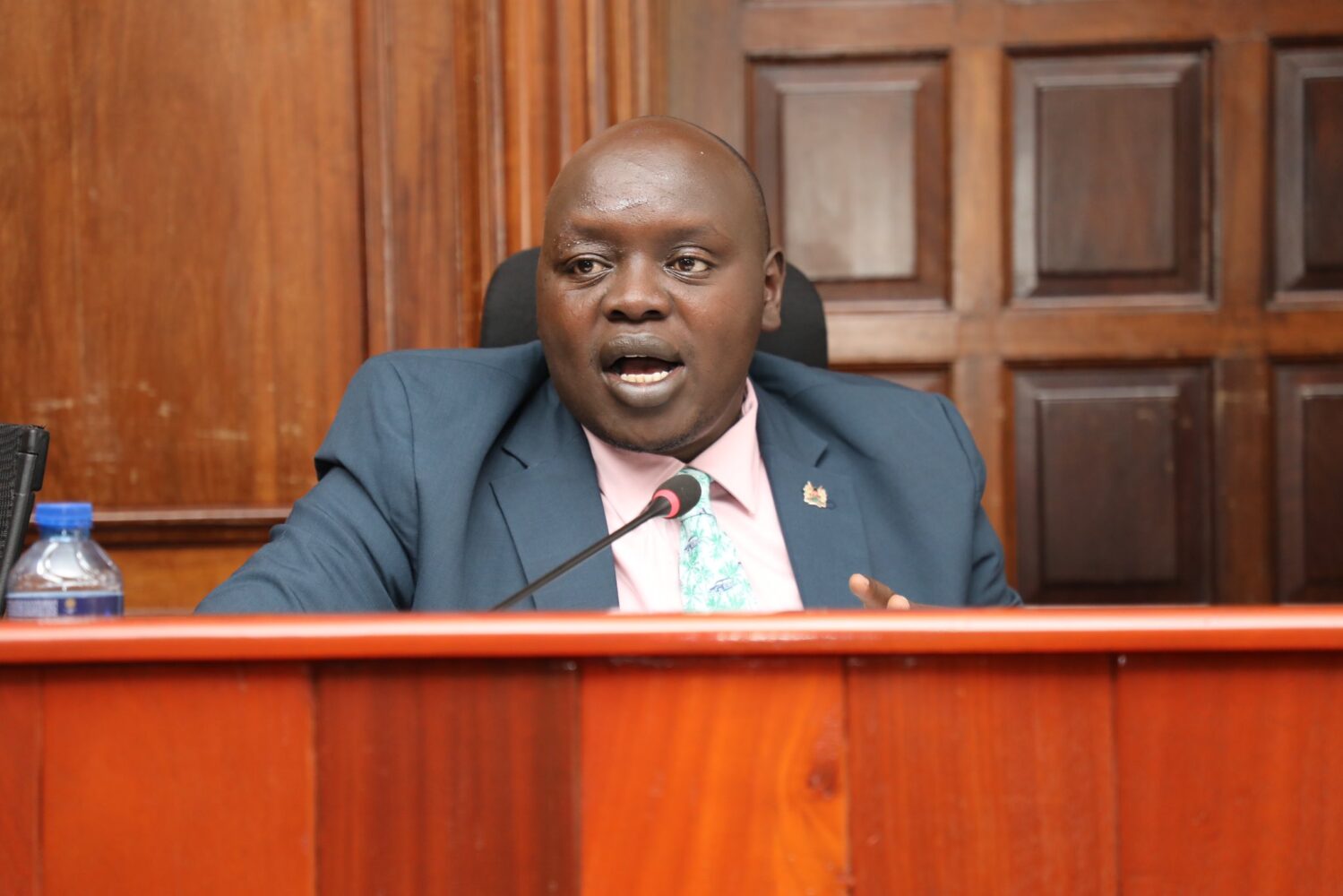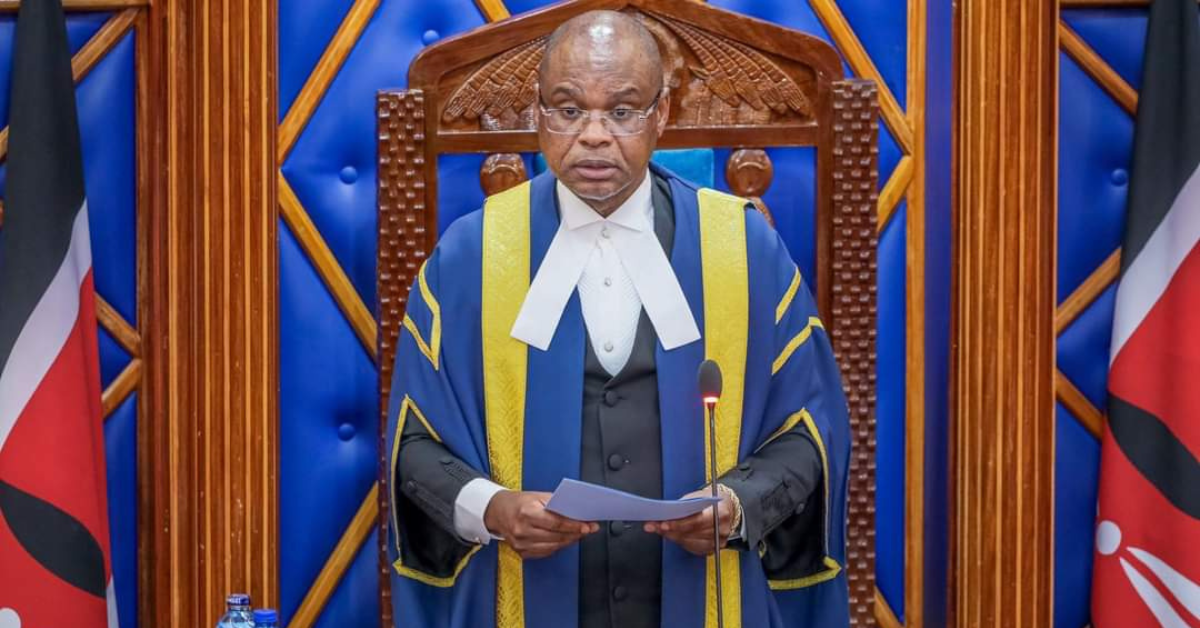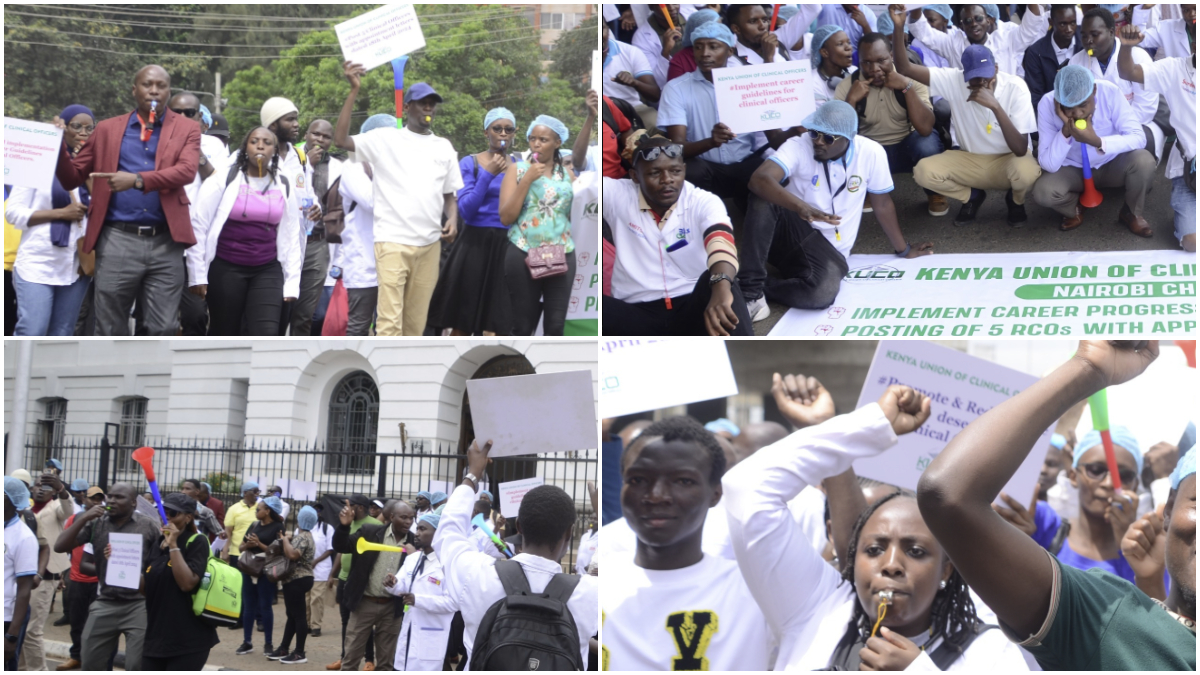On Friday, the Senate‘s email system faced a temporary crash as Kenyans submitted their feedback on the controversial Constitutional (Amendment) Bill 2024, that aims to increase presidential term to 7 years.
The bill, which has drawn significant national attention, was open for public participation as outlined in the Constitution of Kenya (2010).

This provision allows citizens to submit their views on bills tabled in both the National Assembly and Senate, reflecting Kenya’s commitment to involving the public in democratic processes.
High volume of submissions causes technical difficulties
As the deadline for public input approached, a surge of submissions inundated the Senate’s email system, causing a temporary disruption.
In a statement on X (formerly Twitter), the Senate addressed the issue, acknowledging that the high volume of responses led to unforeseen technical difficulties.
“Thank you for the overwhelming response on The Constitution of Kenya (Amendment) (No 2) Bill ,2024.
Due to high volumes of submissions, our email system has temporarily experienced issues,” they stated.
“The Senate received over 200,000 submissions, reaching the maximum capacity of the allocated email addresses,” they added.
Contentious points in the Constitutional Amendment Bill
The Constitutional (Amendment) Bill, 2024, has sparked debate across the country due to its proposed changes in governance and national policies.
Key issues within the bill include adjustments to devolved government structures, electoral reforms, and policies on resource allocation.
These topics have triggered discussions on social media and public forums, reflecting a broad spectrum of public interest and concern.
Significance of public engagement in the Legislative Process
Public participation in the legislative process is a cornerstone of Kenya’s democracy.
The constitutional provision for public input empowers citizens to influence national legislation, fostering a government that is responsive to the people’s needs and values.
The overwhelming response to the bill demonstrates an active, engaged populace and highlights the importance of accessible channels for civic engagement.
Senate’s response and future plans for public engagement
The Senate committed to reviewing each submission to ensure that Kenyans’ voices are taken into account in the legislative process.
The Senate moved ahead and provided Kenyans with an alternative email address while the procedure was still proceeding.
The deadline for submissions was extended to Saturday, October 26 at 5 p.m.
“Alternatively, you may send your submissions to [email protected]” they responded.
Meanwhile, Kenyans assembled at the Kenyatta International Convention Center (KICC) on Friday to submit their written memoranda regarding the Bill.
Once the deadline is passed, the bill will return to the Senate for debate, with the public’s opinions being one of the main points of contention.
The purpose of the bill is to change the current five-year presidential term to seven years.
Additionally, this amendment suggests extending the terms of senators, members of the county assembly (MCAs), governors, and members of parliament (MPs).

Senator Samson Cherargei of Nandi introduced the bill, which has elicited a wide range of responses from Kenyans, politicians, and advocacy organizations, with the vast majority of them opposing it.
In what was perceived as a reaction to Cherargei’s Bill, Kiambu Senator Karungo wa Thang’wa later suggested a new four-year term restriction for the president and other elected leaders.

He maintained that the lower term restriction would allow for the rise of new leaders who would put the needs of the populace first.












